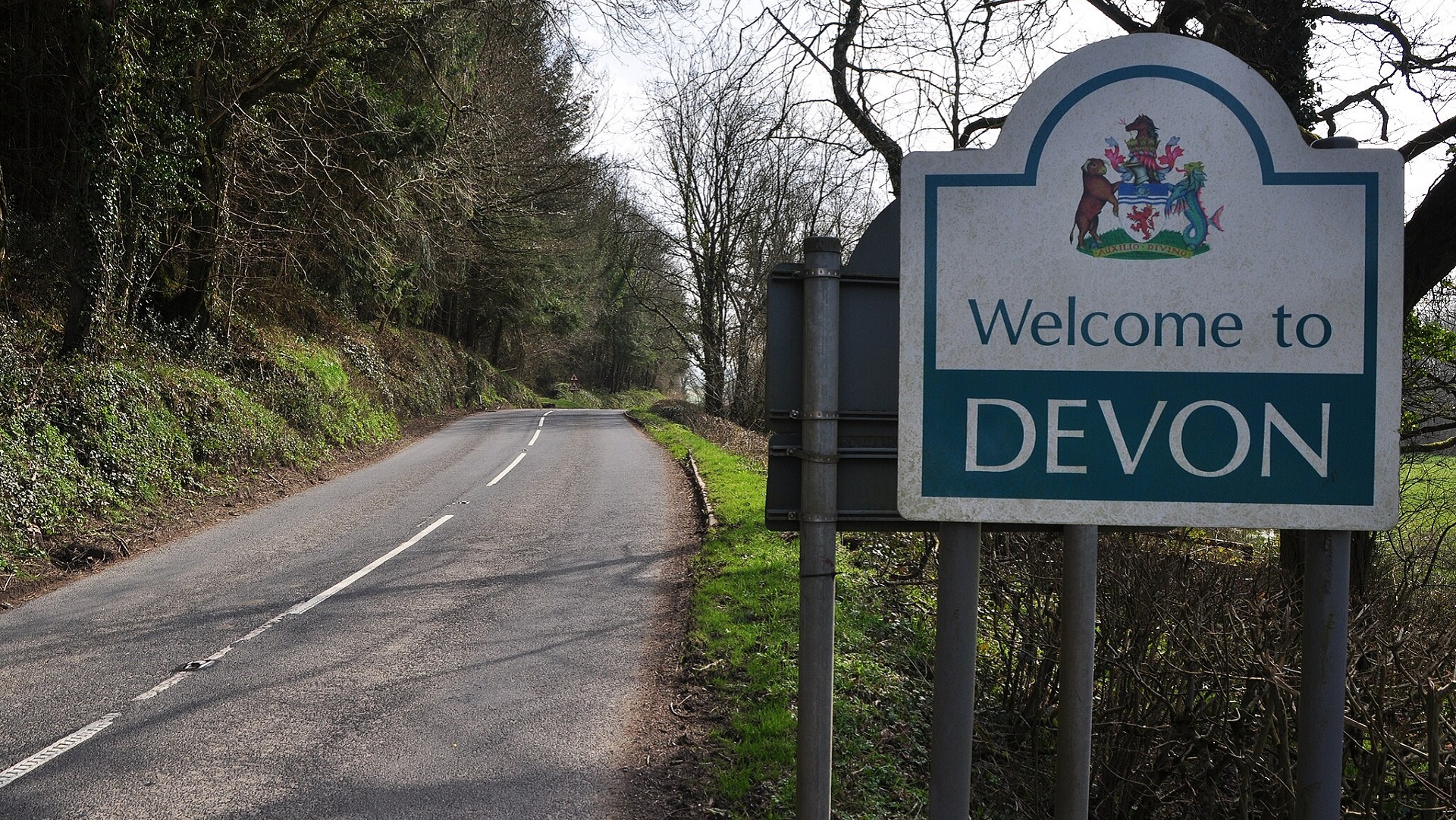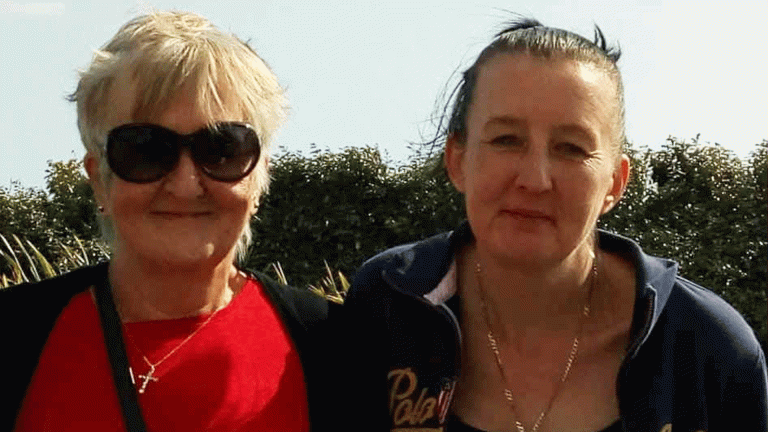“While Devon County Council does not have responsibility for housing or homelessness directly, the issue of homelessness has significance across a great deal of what this council does to improve life for the people of Devon – whether that is in terms of good public health; our support to young people and especially our care leavers; as well as our adult social care services.
“We need to better understand the full impact of such a decision on all aspects of our public services.”
Currently the five providers covered by the homelessness prevention contract support around 250 people with 113 bed spaces in hostels and a further 132 people receiving floating support.
A consultation on the decision was held in April and attracted stiff opposition with 900 people objecting to the plans.
YMCA Exeter is among the charities that have opposed the council cuts. One of the five providers covered by the contract, YMCA Exeter receives £157,000 worth of funding to support 85 young people to prevent them from falling into homelessness.
Earlier this year, YMCA Exeter’s joint-chief executive Si Johns told The Big Issue “people will unfortunately die” if the cuts go ahead.
Advertising helps fund Big Issue’s mission to end poverty
At the scrutiny meeting, the charity warned the council the cuts would “cost Devon 10 times more than they save” and criticised the lack of an alternative plan.
Speaking after the council U-turn, Johns said: “Thank you Devon County Council for listening to the public, the service providers and those that have bravely shared their stories of moving on from homelessness through the invaluable support of prevention services.
“Thank you for reading the material that was passed to you by service providers, evidencing how much prevention saves statutory services a vast amount of money.
“Whilst YMCA Exeter is relieved and thankful to hear that Devon County Council is committing to fund providers until the end of the financial year, it is our hope and expectation that they will continue to fund homeless prevention as many other local authorities do across the country to great effect for many years to come.”
One of the hostels previously earmarked for closure is Gabriel House in Exeter.
Big Issue vendor Mark Hall, who lived at the hostel for two and a half years before moving into his own flat in June, said Gabriel House played an important role in getting him and his pet dog, American akita Bear, off the streets for good.
Advertising helps fund Big Issue’s mission to end poverty
“I think it’s a good thing [that the council has paused the cut] because obviously people that end up there wouldn’t have anywhere to go otherwise,” said Hall, who sells the magazine at St Stephen’s Church in Exeter.
“Plus the fact it’s the only place in Exeter that takes a dog, so if you’ve got a dog that’s the only place you’re going to get out.
“I’d have been on the streets if I had to give up Bear. Same as most people with a dog would. I’d have been on the streets until I got a flat if it wasn’t for Gabriel House.”
Exeter homelessness charity St Petrock’s does not receive funding from the council but has also opposed the cuts, warning that it could see a rise in the number of people on the streets.
The government’s most recent official rough sleeping snapshot, which took place last autumn, saw the number of rough sleepers counted in the city rise to 22 people, up from 14 in 2021.
Across Devon, the number of people sleeping rough on any given night rose by 44% when compared to 2021. This is almost double the national average rise of 26%.
Advertising helps fund Big Issue’s mission to end poverty
A St Petrock’s spokesperson said: “If the money is lost it could cause homelessness to double in Exeter, at a time when the numbers of rough sleepers are higher than they’ve ever been.
“Exeter Homelessness Forum, which is chaired by our director, Peter Stephenson, launched a high-profile campaign against the proposals in March and over 900 people objected to the plans across the county, so this is clearly something that local people feel very strongly about.
“We’re far from being out of the woods. However, we’re encouraged by the tone of councillor Hart’s words and are now beginning to hope that a positive way forward may be found.”
The debate over the funding in Devon comes as councils are struggling to stave off insolvency in the face of rising demand for services and inflationary costs.
Get the latest news and insight into how the Big Issue magazine is made by signing up for the Inside Big Issue newsletter
Cash-strapped councils in Croydon, Woking, Thurrock and Slough have faced bankruptcy in recent times.
Advertising helps fund Big Issue’s mission to end poverty
Kent County Council said in November it was also at risk of going bust. The local authority has already cut homelessness prevention funding – councillors announced the Kent Homeless Connect service would be decommissioned in September 2022. Local charity Porchlight told The Big Issue the decision was “nonsensical”.
Peter Smith, director of sector development at Homeless Link, the national membership body for frontline homelessness services, said: “Prolonged inflation and historic under-funding mean Devon County Council, like local authorities across the country, is facing huge pressures to find savings in its budgets.
“But cutting homelessness funding is a dangerous and short-sighted decision that could lead to the closure of five hostel provisions across the county and a floating support service. Not only will it cause a sharp rise in rough sleeping, it will also be placing additional strain on valuable health and social care services, meaning the proposed savings represent a false economy.”
Smith added: “We hope that the council’s final decision demonstrates its commitment to providing good quality housing and support to some of the most vulnerable people within its jurisdiction.”
Do you have a story to tell or opinions to share about this? We want to hear from you. Get in touch and tell us more.









